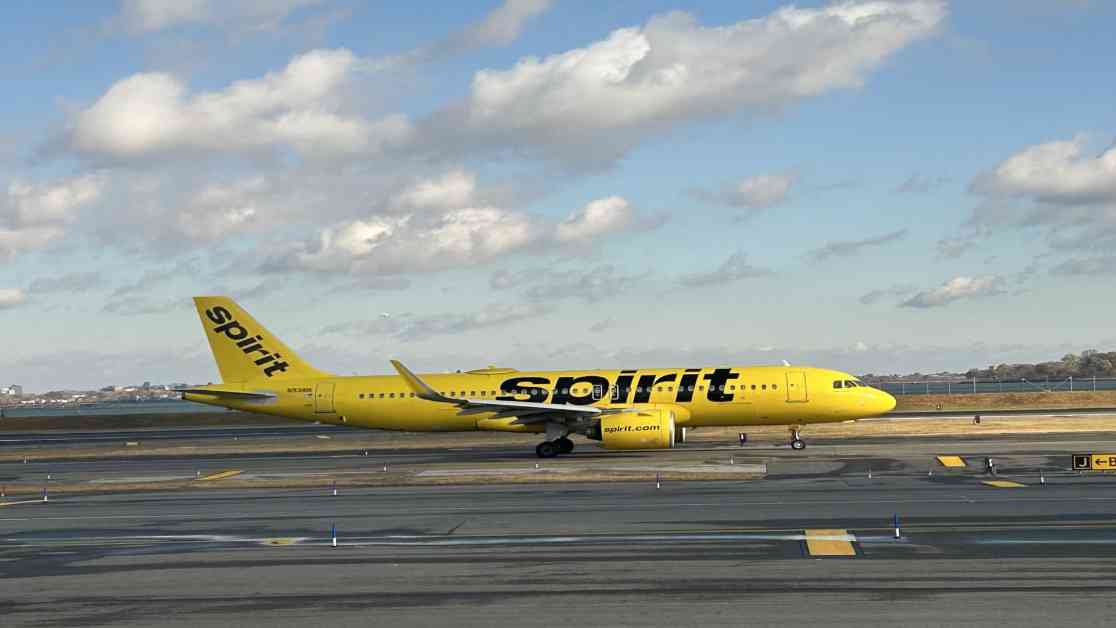Spirit Airlines’ Bankruptcy Leads to 200 Job Cuts: Cost-Cutting Measures
Spirit Airlines, based in Dania Beach, Florida, is facing significant changes as it grapples with the aftermath of filing for Chapter 11 bankruptcy protection in November. The struggling budget carrier has announced plans to cut approximately 200 jobs across various departments in a bid to reduce costs and realign its organization with its current fleet size and level of flying.
Struggles and Cutbacks
The airline had previously furloughed hundreds of pilots and offered flight attendants leaves of absence as part of its efforts to lower expenses. Additionally, Spirit has taken steps to shrink its network and has made deals to sell some of its Airbus jetliner fleet to generate much-needed cash flow.
These recent cost-cutting measures come on the heels of a series of challenges for Spirit Airlines. The airline’s planned merger with JetBlue was blocked by a federal court due to antitrust concerns a year ago. This setback, along with a Pratt & Whitney engine recall and a surge in labor costs following the pandemic, has added to the airline’s financial woes.
Path to Recovery
In a statement to CNBC, Spirit Airlines emphasized its commitment to identifying operational efficiencies and achieving $80 million in annualized cost reductions through a combination of measures, including the recent pilot furloughs and job cuts. The airline stated that such decisions are never taken lightly and that it is dedicated to treating all affected team members with care and respect.
Spirit Airlines is optimistic about its future prospects despite the current challenges. The carrier has expressed its intention to exit bankruptcy in the current quarter, signaling a potential turning point in its journey towards financial stability and operational efficiency.
As Spirit Airlines navigates these turbulent times, it serves as a reminder of the resilience and adaptability required in the ever-evolving aviation industry. The impact of external factors, such as regulatory decisions and global crises, can have far-reaching consequences on airlines, underscoring the importance of strategic planning and proactive measures to ensure long-term sustainability.
In the face of adversity, Spirit Airlines’ proactive approach to cost management and organizational restructuring reflects a commitment to weathering the storm and emerging stronger on the other side. By prioritizing financial stability and operational efficiency, the airline is setting a course for sustainable growth and success in the competitive airline industry.




















